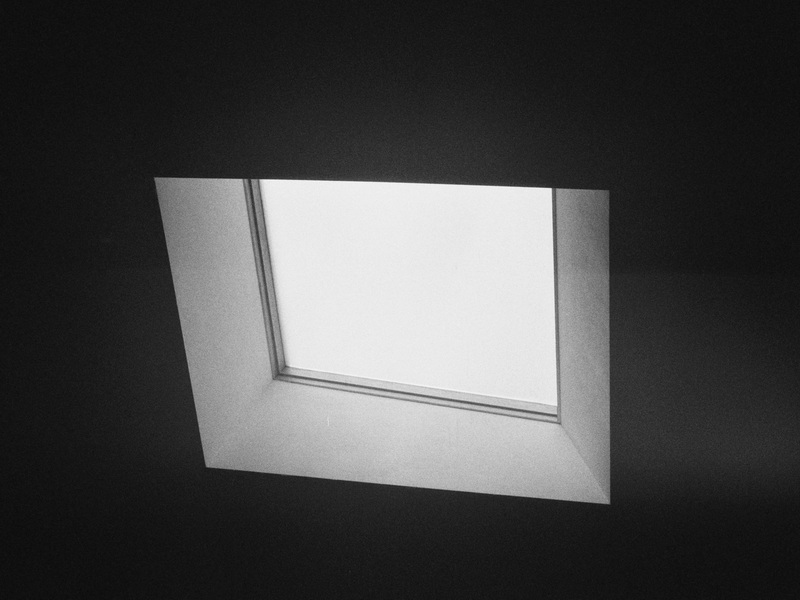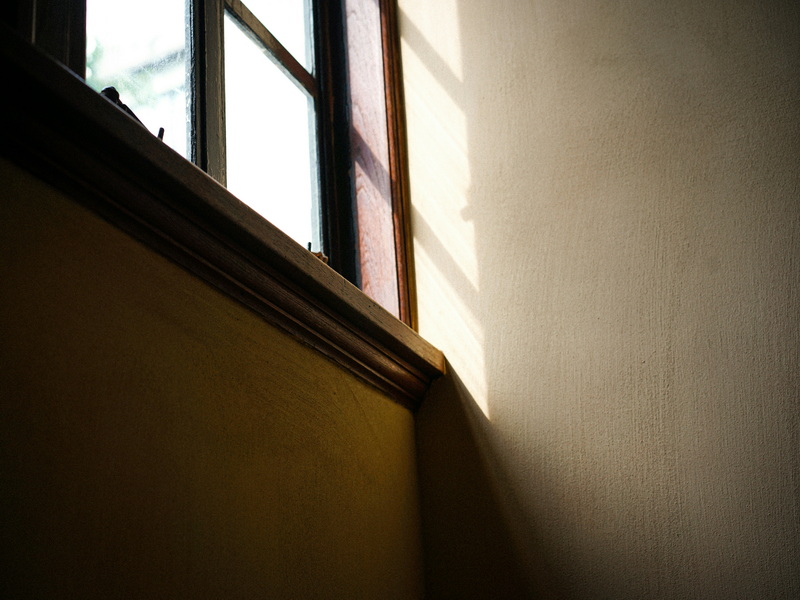English 




Views: 222 Author: Astin Publish Time: 2025-02-21 Origin: Site



Content Menu
● Understanding Aluminum Windows
>> Benefits of Painting Aluminum Windows
● Preparing Aluminum Windows for Painting
>> Sanding
>> Priming
● Step-by-Step Guide on How to Paint Aluminum Windows
>> Apply Primer
● Tips for Successful Painting
>> Be Patient
● Maintenance of Painted Aluminum Windows
● Common Mistakes to Avoid When Painting Aluminum Windows
>> Using Incompatible Products
>> Ignoring Manufacturer Instructions
● FAQs about Painting Aluminum Windows
>> 1. Can I paint aluminum windows in cold weather?
>> 2. How long does it take for the paint to dry completely?
>> 3. Can I paint aluminum windows without removing the glass panes?
>> 4. Should I apply multiple coats of paint?
>> 5. Can I repaint my aluminum windows if I don't like the color?
Aluminum windows are a popular choice for many homeowners due to their durability, low maintenance, and modern aesthetic appeal. However, over time, these windows may require a refresh or a change in color to match the evolving style of your home. This leads to the common question: can aluminum windows be painted? The answer is yes, but the process requires careful planning and execution to ensure a lasting finish.
Aluminum is a lightweight, strong metal that is resistant to rust and corrosion. These properties make aluminum windows an excellent choice for various climates. However, painting aluminum is not as straightforward as painting wood or vinyl. The surface of aluminum is smooth and non-porous, which means that paint may not adhere well without proper preparation.

Painting aluminum windows offers several advantages:
1. Aesthetic Appeal: A fresh coat of paint can dramatically change the look of your windows and enhance the overall appearance of your home.
2. Protection: Paint acts as a protective barrier against environmental elements, helping to prevent corrosion and extending the lifespan of the windows.
3. Cost-Effective: Instead of replacing old windows, painting them can be a more affordable option to rejuvenate their appearance.
4. Energy Efficiency: Certain types of paint can help reflect heat away from your home, potentially lowering energy costs.
5. Personalization: Painting allows homeowners to customize their window frames to match their personal style or the color scheme of their home.
6. Increased Property Value: Well-maintained and aesthetically pleasing windows can enhance the overall value of your property, making it more attractive to potential buyers.
7. Sustainability: By choosing to paint rather than replace windows, you are contributing to environmental sustainability by reducing waste.
Preparation is crucial for achieving a successful paint job on aluminum windows. Here are the steps you should follow:
Before painting, it's essential to clean the aluminum surfaces thoroughly. Use a mixture of warm water and mild detergent to remove dust, dirt, and grease. For stubborn stains or residues, consider using a degreaser. Rinse the surfaces well with clean water and allow them to dry completely.
Once cleaned, lightly sand the aluminum surfaces using fine-grit sandpaper (around 400-grit). This step helps create a rough texture for better paint adhesion. After sanding, wipe away any dust with a damp cloth and let it dry again before proceeding.
Applying a high-quality primer specifically designed for metal surfaces is vital. The primer enhances adhesion and provides a solid base for the paint. Choose an appropriate primer that suits exterior applications if your windows are outside.
Selecting the right type of paint is critical for durability and finish quality. Acrylic paint is often recommended for aluminum due to its flexibility and resistance to cracking and fading. If your windows are exposed to direct sunlight, consider using heat-reflective paint to prevent excessive heat absorption.

Now that you have prepared your aluminum windows, follow these steps for painting:
You will need several tools and materials before starting:
- High-quality paintbrushes and rollers
- Fine-grit sandpaper
- Metal primer
- Acrylic paint suitable for aluminum
- Drop cloths to protect surrounding areas
- Painter's tape for masking off areas you don't want to paint
Lay down drop cloths around your work area to catch any drips or spills. Use painter's tape to mask off areas such as glass panes or adjacent surfaces that should not be painted.
Using a brush or roller, apply a thin coat of primer evenly across the aluminum surfaces. Make sure to follow the manufacturer's instructions regarding drying times before moving on to painting.
Once the primer has dried completely, it's time to apply the paint. Start by painting the edges with a brush for precision before filling in larger areas with a roller. Depending on your desired coverage, you may need two or three coats of paint. Allow each coat to dry thoroughly before applying the next one.
After completing the final coat of paint, carefully remove any painter's tape while the paint is still slightly wet to ensure clean lines. Allow the painted windows to cure completely according to the manufacturer's guidelines before using them normally.
To achieve optimal results when painting aluminum windows, consider these additional tips:
It's essential to choose an appropriate time for painting your windows. Ideally, select days with mild weather conditions—avoid extremely hot or cold temperatures as they can affect drying times and overall finish quality.
Before committing to painting all your windows, conduct a small test patch on an inconspicuous area first. This will help you determine if the chosen primer and paint adhere well and provide satisfactory coverage.
Investing in high-quality paints and primers can significantly impact the longevity and appearance of your painted windows. Cheaper products may save you money initially but could lead to more frequent repainting in the long run.
Rushing through each step can lead to mistakes that compromise your results. Allow adequate drying time between coats and avoid touching freshly painted surfaces until they are fully cured.
To maintain the appearance of your painted aluminum windows:
- Regularly clean them with mild soap and water.
- Avoid abrasive cleaners that could scratch or damage the paint.
- Inspect for any signs of wear or peeling and address them promptly.
- Consider reapplying touch-up paint in areas where wear occurs over time.
- If you notice significant fading or damage after several years, it may be time for another full repainting project.
While painting aluminum windows can be straightforward with proper preparation, there are common pitfalls that many DIYers encounter:
Neglecting cleaning or sanding can result in poor adhesion, leading to peeling or chipping paint shortly after application.
Always check if your chosen primer and paint are compatible with aluminum surfaces; using incompatible products can hinder adhesion.
Applying thick layers of paint at once can cause drips and uneven finishes; instead, opt for multiple thin coats for better results.
Each product comes with specific guidelines; following these instructions ensures optimal performance from both primer and paint.
In conclusion, painting aluminum windows is not only possible but can also be an effective way to enhance your home's curb appeal while providing added protection against environmental factors. By following proper preparation steps and using high-quality materials, you can achieve a professional-looking finish that lasts for years. Whether you are looking to refresh old frames or change colors entirely, this DIY project can be rewarding and cost-effective.
With careful planning, attention to detail during preparation and application processes, as well as ongoing maintenance efforts post-painting project completion—your newly painted aluminum windows will serve as beautiful focal points in your home for many years ahead!

Yes, but it's best to choose mild days when temperatures are above 50°F (10°C) for optimal drying conditions.
Typically, it takes 24 to 48 hours for paint to dry thoroughly; avoid touching or closing windows during this time.
Yes, you can use painter's tape carefully around glass edges for a clean job without smudges.
Yes, applying two or three thin coats provides better coverage than one thick coat.
Absolutely! You can repaint them anytime by following proper preparation steps again.
[1] https://www.jrcglasssolutions.com/blog/can-aluminium-windows-be-painted
[2] https://windowhardwaredirect.com/en-de/blogs/news/the-ultimate-guide-on-how-to-paint-aluminum-windows-for-a-lasting-finish
[3] https://gist.github.com/allenfrostline/c6a18277370311e74899424aabb82297
[4] https://beautex.in/can-i-paint-aluminium-window-your-ultimate-guide/
[5] https://www.youtube.com/watch?v=FjrhV9IPTKE
[6] https://b3logfile.com/pdf/article/1653485885581.pdf
[7] https://www.turkington-windows.com/can-you-paint-aluminium-window-frames/
[8] https://www.livingareallife.com/posts/how-paint-aluminium-door-window
[9] https://blog.csdn.net/Oomai_/article/details/134718108
Top Aluminum Furnitures Manufacturers and Suppliers in Czech Republic
Top Aluminum Furnitures Manufacturers and Suppliers in Poland
Top Aluminum Furnitures Manufacturers and Suppliers in Belgium
Top Aluminum Furnitures Manufacturers and Suppliers in Finland
Top Aluminum Furnitures Manufacturers and Suppliers in Denmark
Top Aluminum Furnitures Manufacturers and Suppliers in Greece
Top Aluminum Furnitures Manufacturers and Suppliers in Portugal
Top Aluminum Furnitures Manufacturers and Suppliers in Austria
Top Aluminum Furnitures Manufacturers and Suppliers in Norway
Top Aluminum Furnitures Manufacturers and Suppliers in Sweden
